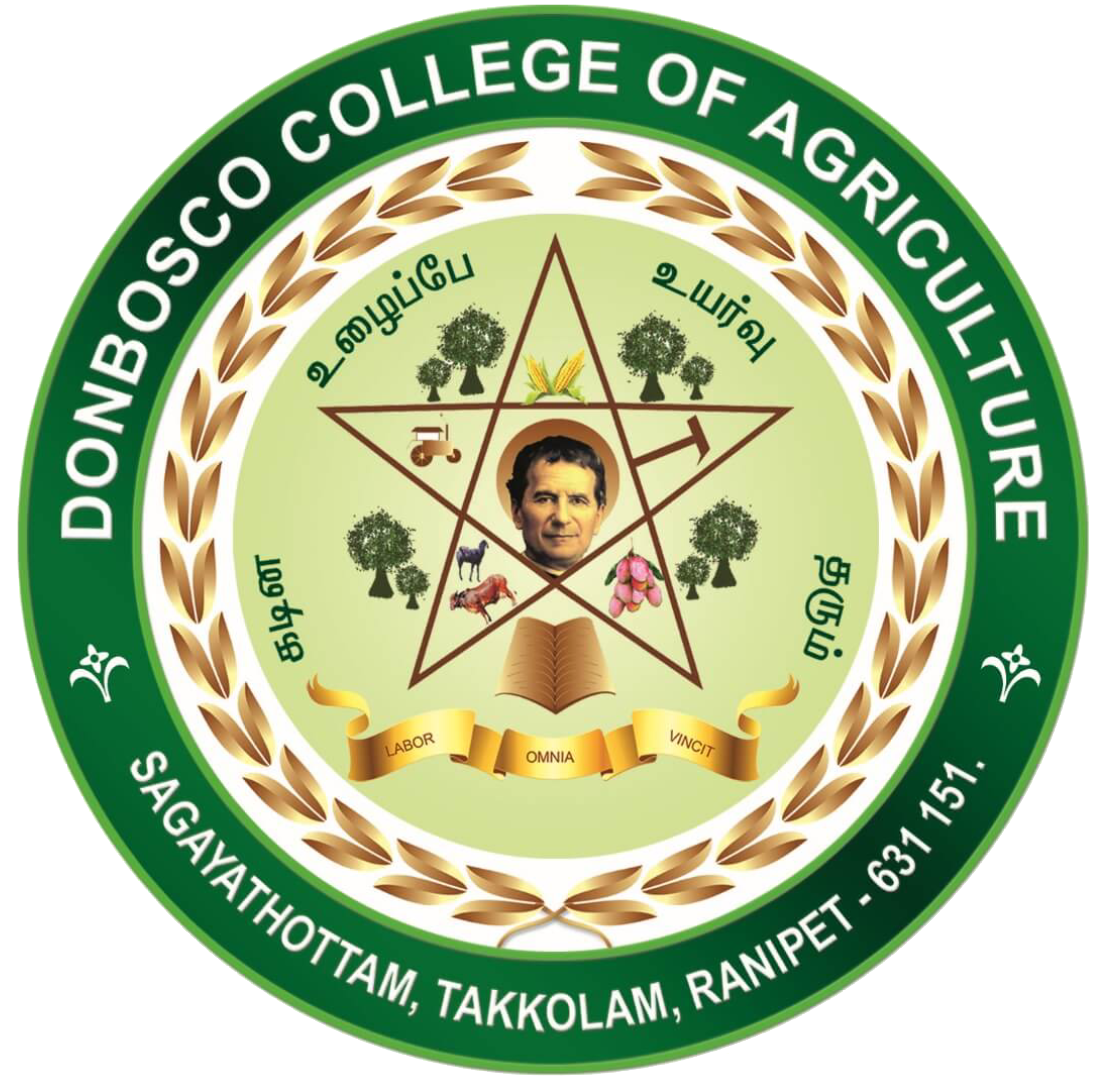During the aftermath of World War II, a profound scarcity of food swept across the nation, casting a shadow of uncertainty over the Salesians of Don Bosco in South India. Tasked with caring for numerous orphanages, boarding houses and hostels for underprivileged children, they faced a daunting challenge in procuring enough rice to sustain their wards. With food grains rationed and large quantities scarce, the Salesians found themselves contemplating a novel solution: establishing their own rice fields.
In the scorching summer of 1948, amidst parched and barren fields, Fr. Amaladoss Anthonysamy SDB, then parish priest at Uriyurkuppam, stumbled upon a glimmer of hope. Word had spread of a vast expanse of arid land, approximately 100 acres in Pudukesavaram village, near Uriyurkuppam, available for purchase. Acting swiftly, the Provincial, Fr. Joseph Carreño, convened his council and a unanimous decision was reached to acquire the entire tract of land. The acquisition was finalized on May 24, 1948, marking the inception of a remarkable journey.
As the year progressed, additional parcels of land were secured: 60 acres, then 49 and later 17 more. The primary aim was to cultivate the lands to produce rice, with the establishment of a School of Agriculture being a vague idea at that time. The focus was on creating a sustainable source of rice to fulfill the dietary needs of the children under their care.
In 1949, Fr. Angelo Codello, a spirited and enterprising Italian missionary with a penchant for agriculture, was entrusted with the task of cultivation. With determination and ingenuity, wells were dug, lands were leveled and innovative methods of water conservation and soil management were employed. Through sheer perseverance, the once barren landscape began to flourish, earning the moniker "Samiyar Thottam" (Fathers' Garden), later affectionately renamed "Sagayathottam," symbolizing Mary's Garden (Sagaya Matha is a popular title of Mary the mother of Jesus).
The initial yields proved promising, spurring the construction of storage facilities and the acquisition of essential agricultural machinery such as tractors, sowing machines, threshing machines and shelling machines. This marked the dawn of a new era at Sagayathottam, attracting more Salesians to join the pioneering efforts led by Fr. Codello. Notable among them were Fr. Dabove and Fr. Zocchi, Italian missionaries, alongside Br. LudvikZabret, a Slovenian, who were instrumental in the early stages of development.
Their endeavors were further bolstered by the invaluable contributions of Indian Salesians, including Bro. Chacko Poovakott, Bro. K. M. Mathew and Fr. K. C. George, whose dedication and support were integral to the success of the project. Today, Sagayathottam stands as a thriving village, complete with its own post office, a testament to the collaborative efforts of individuals from diverse backgrounds united in a common cause.
In June 1959, the vision expanded with the establishment of a School of Agriculture, inaugurated by the Minister for Agriculture, Thiru. M. Bhaktavatchalam (Later Chief Minister). The impact rippled across the district of North Arcot (today’s Vellore and Thiruvannamalai districts), inspiring generations of rural youth to embrace agriculture.
In 1960, following a visit to the farm, the State Deputy Minister for Agriculture penned a note in the Visitors’ Book, expressing his impressions and observations:
“I am delighted to visit this place sanctified by the dedicated work of a band of selfless Christian missionaries…. It tells the story of how a barren and sandy terrain, neglected for decades and written off as hopeless, was transformed into a garden of smiling fields with rich vegetation and golden crops… “
In February 1976, the government officially recognized the two-year agricultural training provided by Sagayathottam as an Agricultural Field Demonstration Course (FDO also known as Maestri Course). In 1987, the agricultural school evolved into the Sagayathottam Institute of Agriculture and Rural Development (SIARD), offering government-recognized diploma in Agriculture (Affiliated to Tamil Nadu Agricultural University, Coimbatore).
Concurrently, a haven for orphaned and destitute boys emerged in 1960, culminating in the establishment of the Don Bosco High School in the 1990s, later upgraded to a Higher Secondary School in 2011. In 2017, a new section was established to provide education to the students.
The legacy of Sagayathottam endures as a testament to the transformative power of dedication, innovation and compassion, enriching the lives of countless individuals and shaping the landscape of rural development.

